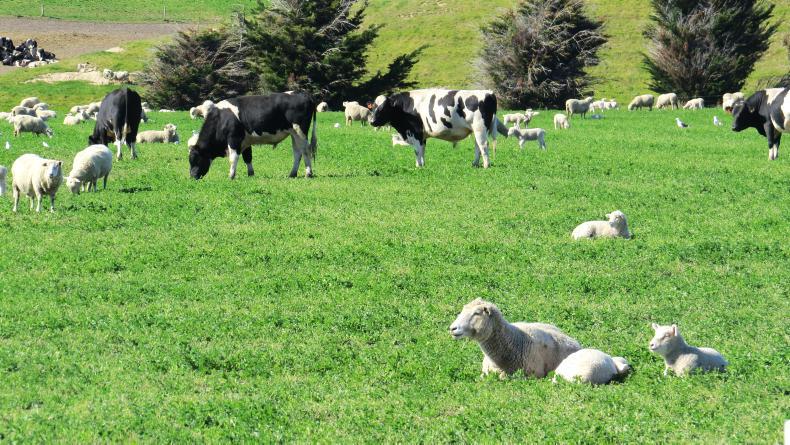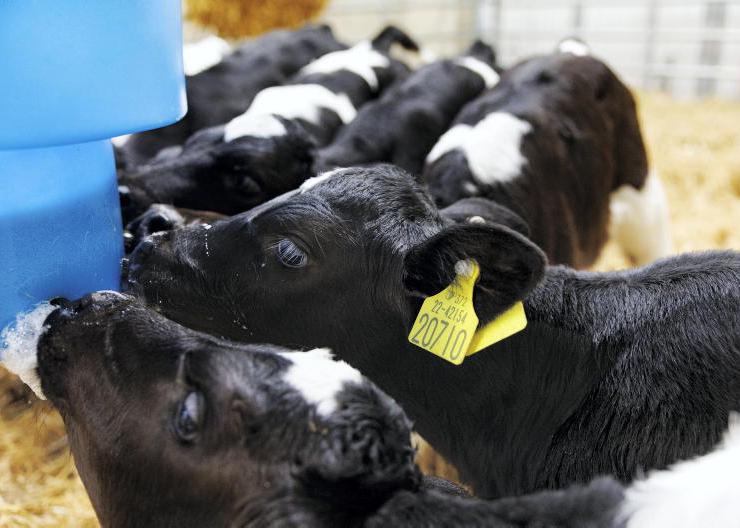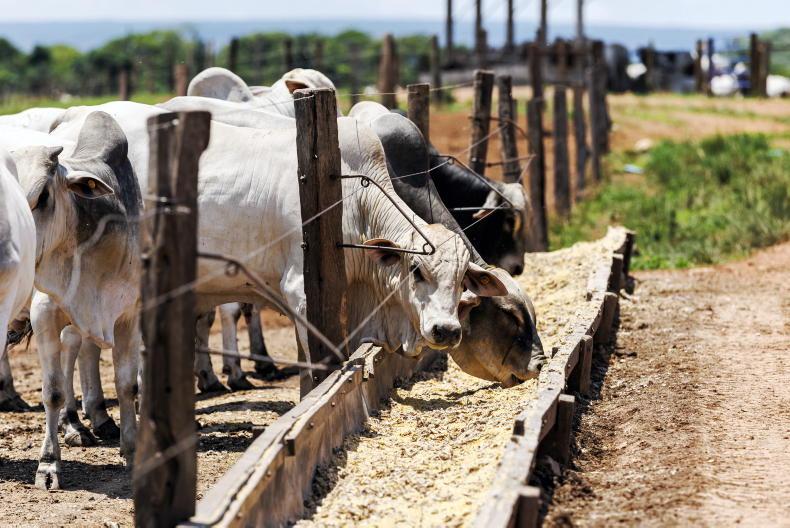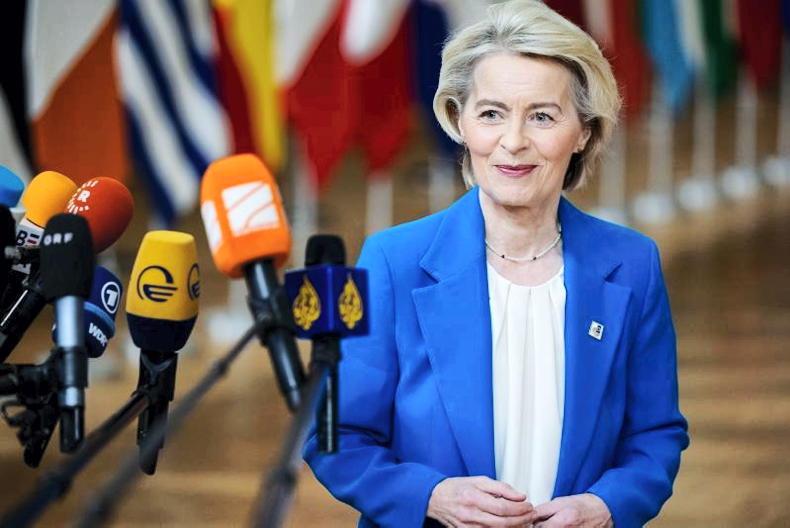Reports that the UK will apply to join the Comprehensive and Progressive Agreement for Trans-Pacific Partnership (CPTPP) is part of the UK’s “Global Britain” strategy post membership of the EU.
CPTPP is a much looser trading bloc than the EU, more comparable with Mercosur in structure.
It eliminates a huge number of trade tariffs between the partners and simplifies non-tariff barriers such as health certification, inspections and customs documentation.
Like the EU-UK agreement, there are also rules on labour laws, origin, etc that attempt to develop a level playing field between members.
What is CPTPP?
The members of the partnership include Canada, Mexico, Japan, Vietnam, Australia, New Zealand, Brunei, Malaysia, Chile, Peru and Singapore.
The US had originally been part of the group, then known as the Trans Pacific Partnership, which had reached agreement on a trade deal in 2016.
However, then US President Donald Trump pulled the US out of the deal when he came into office as he felt it didn’t protect US interests.
UK trade deals
Politically, it is a large symbolic step for the UK to apply for membership of CPTPP. Membership is also compatible with pursuing separate and independent trade deals.
The UK already has trade deals in place with Canada and Japan as well as being in negotiations with Australia and New Zealand.
The EU has deals in place with Canada, Japan, Vietnam and Singapore, with negotiations at an advanced stage with Australia and New Zealand.
UK membership of CPTPP would lead to a liberalisation of trade for over 90% of products but some restrictions would remain, particularly in agriculture.
For example, according to the Canadian agri-food trade alliance, the agreement has eliminated 32% of tariff lines with Japan, a huge importer of agricultural produce, and 31% of tariff lines in Vietnam, rising to 67% after 15 years.
What has this got to do with farmers?
Anything that increases access to the UK market for agricultural produce makes it a more competitive marketplace for both domestic UK farmers and Irish farmers who are the main suppliers of imported produce.
Canadian farmers are unhappy with the present level of access to the UK market for beef under the rolled-over EU deal and have ambitions for increased access in an upcoming negotiations.
British market targeted
Beef+Lamb New Zealand and the NZ Meat Industry Association have marked the UK announcement by saying: “It is great to see the UK taking this step and supporting open global markets.”
They also pointed out: “Entry to CPTPP is also an agreement to an ambitious, comprehensive and high-quality outcome, including on red meat and other agriculture products.
“We expect the UK to approach the negotiations on that basis and in that spirit. Likewise, we expect the UK to deliver the same ambitious outcomes in our bilateral free-trade agreement negotiations.”
It is clear that increased competition is coming for the supply of imported agricultural produce to the UK market. The question is when not if.
Bord Bia has a robust defence strategy in place built on identification with Irish produce as local that aims to maintain consumer preference for Irish irrespective of alternative offerings. We will also retain the logistical advantage of being able to deliver within hours of ordering, not weeks.
However, even if we remain the preferred the supplier of choice, there is also the reality that the availability of alternatives gives buyers negotiating power on prices. This is not good news for Irish farmers.
Sheep threat
There is a particular threat to the sheep meat sector. The UK is currently the largest exporter of sheepmeat in Europe, with virtually all going to EU markets. The EU-UK trade deal facilitates the continuation of this.
However, a trade deal involving the UK and Australia and New Zealand will enable UK consumers purchase this sheepmeat at competitive prices while British farmers continue to avail of higher-value EU markets.
The increase of supply to the UK and UK exports to the EU will also squeeze prices for Irish sheepmeat producers.
Read more
UK looks to join Pacific trade agreement
Teagasc set to correct unfair New Zealand carbon comparison
Reports that the UK will apply to join the Comprehensive and Progressive Agreement for Trans-Pacific Partnership (CPTPP) is part of the UK’s “Global Britain” strategy post membership of the EU.
CPTPP is a much looser trading bloc than the EU, more comparable with Mercosur in structure.
It eliminates a huge number of trade tariffs between the partners and simplifies non-tariff barriers such as health certification, inspections and customs documentation.
Like the EU-UK agreement, there are also rules on labour laws, origin, etc that attempt to develop a level playing field between members.
What is CPTPP?
The members of the partnership include Canada, Mexico, Japan, Vietnam, Australia, New Zealand, Brunei, Malaysia, Chile, Peru and Singapore.
The US had originally been part of the group, then known as the Trans Pacific Partnership, which had reached agreement on a trade deal in 2016.
However, then US President Donald Trump pulled the US out of the deal when he came into office as he felt it didn’t protect US interests.
UK trade deals
Politically, it is a large symbolic step for the UK to apply for membership of CPTPP. Membership is also compatible with pursuing separate and independent trade deals.
The UK already has trade deals in place with Canada and Japan as well as being in negotiations with Australia and New Zealand.
The EU has deals in place with Canada, Japan, Vietnam and Singapore, with negotiations at an advanced stage with Australia and New Zealand.
UK membership of CPTPP would lead to a liberalisation of trade for over 90% of products but some restrictions would remain, particularly in agriculture.
For example, according to the Canadian agri-food trade alliance, the agreement has eliminated 32% of tariff lines with Japan, a huge importer of agricultural produce, and 31% of tariff lines in Vietnam, rising to 67% after 15 years.
What has this got to do with farmers?
Anything that increases access to the UK market for agricultural produce makes it a more competitive marketplace for both domestic UK farmers and Irish farmers who are the main suppliers of imported produce.
Canadian farmers are unhappy with the present level of access to the UK market for beef under the rolled-over EU deal and have ambitions for increased access in an upcoming negotiations.
British market targeted
Beef+Lamb New Zealand and the NZ Meat Industry Association have marked the UK announcement by saying: “It is great to see the UK taking this step and supporting open global markets.”
They also pointed out: “Entry to CPTPP is also an agreement to an ambitious, comprehensive and high-quality outcome, including on red meat and other agriculture products.
“We expect the UK to approach the negotiations on that basis and in that spirit. Likewise, we expect the UK to deliver the same ambitious outcomes in our bilateral free-trade agreement negotiations.”
It is clear that increased competition is coming for the supply of imported agricultural produce to the UK market. The question is when not if.
Bord Bia has a robust defence strategy in place built on identification with Irish produce as local that aims to maintain consumer preference for Irish irrespective of alternative offerings. We will also retain the logistical advantage of being able to deliver within hours of ordering, not weeks.
However, even if we remain the preferred the supplier of choice, there is also the reality that the availability of alternatives gives buyers negotiating power on prices. This is not good news for Irish farmers.
Sheep threat
There is a particular threat to the sheep meat sector. The UK is currently the largest exporter of sheepmeat in Europe, with virtually all going to EU markets. The EU-UK trade deal facilitates the continuation of this.
However, a trade deal involving the UK and Australia and New Zealand will enable UK consumers purchase this sheepmeat at competitive prices while British farmers continue to avail of higher-value EU markets.
The increase of supply to the UK and UK exports to the EU will also squeeze prices for Irish sheepmeat producers.
Read more
UK looks to join Pacific trade agreement
Teagasc set to correct unfair New Zealand carbon comparison









SHARING OPTIONS